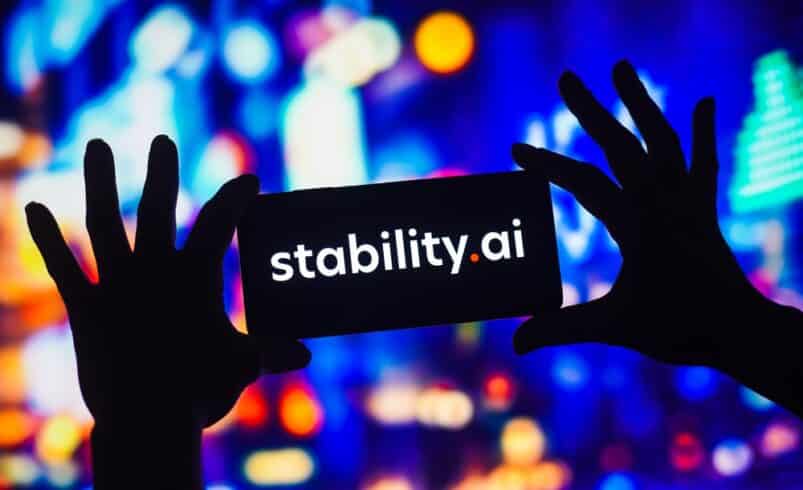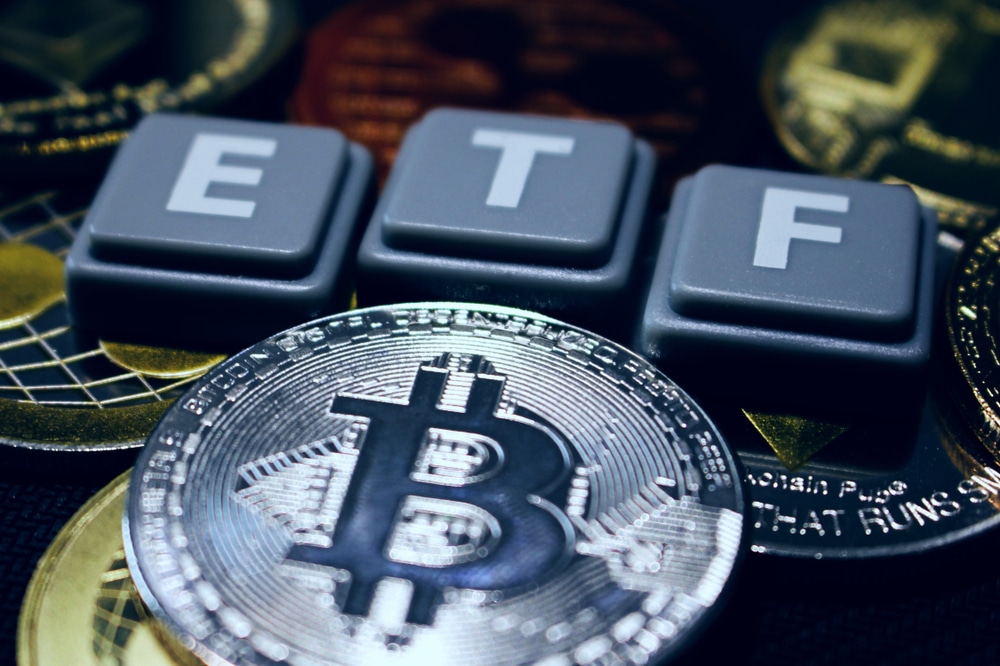HKIMR Reports: Hong Kong’s Strengths in DeFi and Metaverse Development

Key Insights
- HKIMR studies show Hong Kong’s legal framework and skilled talent prime for DeFi and metaverse growth.
- 85% of Hong Kong’s financial institutions plan to integrate virtual assets in three years.
- Despite challenges, Hong Kong aims to lead in DeFi and metaverse tech, attracting global interest.
Hong Kong’s competitive advantages position it uniquely to develop decentralized finance (DeFi) and the metaverse, according to two surveys by the Hong Kong Institute for Monetary and Financial Research (HKIMR), backed by the Hong Kong Monetary Authority. The city’s attributes include a well-defined legal and regulatory framework, a business-friendly environment, robust financial infrastructure, and a highly skilled talent pool.
Enoch Fung, executive director of HKIMR, emphasized that the emerging DeFi and metaverse technologies will likely present various opportunities for the financial services industry in Hong Kong. He stated, “The broad direction [in] the overall international community is to provide a certain level of consistency, coordination, and collaboration on many aspects,” referring to monitoring risks and data gaps.
The reports offer insights for both market participants and regulators, locally and internationally, aiding in the formation of policy initiatives and market innovations. HKIMR collaborated with consultancy PwC to conduct the surveys, which included organizations in asset and wealth management, banking, insurance, virtual asset, and metaverse service industries.
Growing Interest in Virtual Assets
Local market participants have shown increasing interest in virtual assets. More than half of the financial institutions in the DeFi survey have already incorporated such assets into their core business operations, and 85% expect to do so within three years. Virtual assets encompass a wide range of digital representations of value, including tokenized traditional assets, stablecoins, cryptocurrencies, NFTs, and custodian and tokenization solutions.
The DeFi survey highlighted the potential of these assets to provide a cost-effective, accessible, and secure alternative to traditional financial services. The survey revealed that more than 70% of crypto businesses have yet to explore DeFi’s potential, despite its market capitalization surge from $6 billion in 2021 to over $80 billion in 2023.
Engagement with the Metaverse
The metaverse study showed a moderate level of engagement among local financial institutions, despite their high interest in the technology. About 65% of respondents are involved in the virtual reality world with applications ranging from marketing and promotion to internal operations and talent recruitment. These initiatives help promote interactions with customers, employees, and the general public, according to Giorgio Valente, head of HKIMR.
However, over 51% of respondents expressed skepticism about the metaverse’s future potential. Nonetheless, a segment of Hong Kong’s fintech industry is actively pursuing metaverse-related developments, indicating a growing interest and recognition of its potential.
Challenges and Regulatory Landscape
The surveys identified several challenges to the adoption of DeFi and metaverse technologies, including a lack of talent and expertise, uncertainty in governance structures, legal and regulatory compliance, cybersecurity, and data management risks. Despite these hurdles, Hong Kong continues to position itself as a crypto-friendly hub.
Fung noted that the guiding principle for regulating financial innovations worldwide has been “same activity, same risk, same regulation” with some local nuances. He highlighted that Hong Kong regulators have been active in international regulatory discussions, providing input and consolidating the city’s role as an international financial center.
Cryptocurrency Exchange Closures
Despite Hong Kong’s efforts to promote itself as a virtual asset and Web3 hub, the region has experienced a wave of exits by major global cryptocurrency exchanges. Binance and HTX are among the exchanges that have left, citing restrictive regulatory regimes.
In May 2024, several exchanges, including HKVAEX, IBTCEX, QuanXLab, Huobi HK, Gate.HK, OKX HK, and Bybit (Spark Fintech Limited) withdrew their license applications. Currently, only 17 virtual asset trading platforms remain on the application list, with 11 companies having withdrawn or returned their applications.
Hong Kong Legislative Council member Wu Shuo recently criticized the city’s cryptocurrency licensing system, pointing out its adverse impact on market confidence. However, the government remains committed to establishing Hong Kong as a leader in DeFi and metaverse technologies.
Hong Kong officials have been promoting the city internationally. They recently attended a tech conference in Toronto, showcasing Hong Kong’s technology hub for Canadian crypto and Web3 startups. This international outreach underscores Hong Kong’s ambition to strengthen its position in the global fintech landscape, despite the challenges faced by its cryptocurrency exchanges.
DISCLAIMER: It's essential to understand that the articles on this site are not meant to serve as, nor should it be construed as, advice in legal, tax, investment, financial, or any other professional context. You should only invest an amount that you are prepared to lose, and it's advisable to consult with an independent financial expert if you're uncertain. To obtain more information, kindly examine the terms of service and the assistance and support resources made available by the issuing or advertising entity. Our website is committed to delivering accurate and unbiased news, yet it's important to note that market conditions may change rapidly. Also, be aware that some (but not all) articles on our site are compensated or sponsored.








